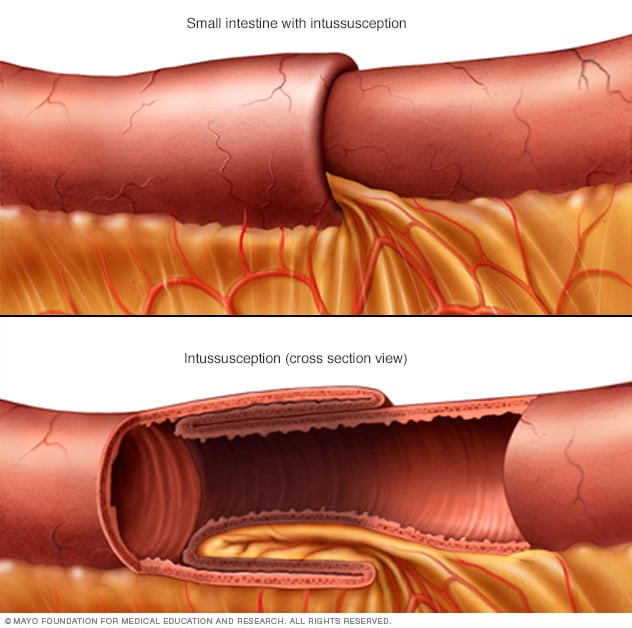It may not feel like it, but summer will soon be upon us. This means ample opportunity to walk around with your shirt off and impress everyone. But right now that may not be such an appealing idea. One thing that winter always provides is a few extra inches around the waist, and a determination that you’ll be ripped by summer. But how do you go about getting shredded between now and the end of spring? Well this article will help you get there. We are going to look at five ways to get shredded this summer. Tip #1: Take stock of your current situation Before making any plans you really should take a good look at where you are currently at physique and fitness wise . If you are borderline obese and haven’t run 100m since high school then jumping into a 5 times per week crossfit program is probably not going to lead to good results! But even if you are in decent shape, you will still get huge benefits from assessing yo...
Overview
Intestinal obstruction is a blockage that keeps food or liquid from passing through your small intestine or large intestine (colon). Causes of intestinal obstruction may include fibrous bands of tissue (adhesions) in the abdomen that form after surgery, an inflamed intestine (Crohn's disease), infected pouches in your intestine (diverticulitis), hernias and colon cancer.Without treatment, the blocked parts of the intestine can die, leading to serious problems. However, with prompt medical care, intestinal obstruction often can be successfully treated.
Symptoms
Signs and symptoms of intestinal obstruction include:- Crampy abdominal pain that comes and goes
- Loss of appetite
- Constipation
- Vomiting
- Inability to have a bowel movement or pass gas
- Swelling of the abdomen
When to see a doctor
Because of the serious complications that can develop from intestinal obstruction, seek immediate medical care if you have severe abdominal pain or other symptoms of intestinal obstruction.Causes
The most common causes of intestinal obstruction in adults are:- Intestinal adhesions — bands of fibrous tissue in the abdominal cavity that can form after abdominal or pelvic surgery
- Colon cancer
Other possible causes of intestinal obstruction include:
- Hernias — portions of intestine that protrude into another part of your body
- Inflammatory bowel diseases, such as Crohn's disease
- Diverticulitis — a condition in which small, bulging pouches (diverticula) in the digestive tract become inflamed or infected
- Twisting of the colon (volvulus)
- Impacted feces
Pseudo-obstruction
Intestinal pseudo-obstruction (paralytic ileus) can cause signs and symptoms of intestinal obstruction, but doesn't involve a physical blockage. In paralytic ileus, muscle or nerve problems disrupt the normal coordinated muscle contractions of the intestines, slowing or stopping the movement of food and fluid through the digestive system.Paralytic ileus can affect any part of the intestine. Causes can include:
- Abdominal or pelvic surgery
- Infection
- Certain medications that affect muscles and nerves, including tricyclic antidepressants, such as amitriptyline and imipramine (Tofranil), and opioid pain medications, such as those containing hydrocodone (Vicodin) and oxycodone (Oxycontin)
- Muscle and nerve disorders, such as Parkinson's disease
Risk factors
Diseases and conditions that can increase your risk of intestinal obstruction include:- Abdominal or pelvic surgery, which often causes adhesions — a common intestinal obstruction
- Crohn's disease, which can cause the intestine's walls to thicken, narrowing the passageway
- Cancer in your abdomen, especially if you've had surgery to remove an abdominal tumor or radiation therapy
Complications
Untreated, intestinal obstruction can cause serious, life-threatening complications, including:- Tissue death. Intestinal obstruction can cut off the blood supply to part of your intestine. Lack of blood causes the intestinal wall to die. Tissue death can result in a tear (perforation) in the intestinal wall, which can lead to infection.
- Infection. Peritonitis is the medical term for infection in the abdominal cavity. It's a life-threatening condition that requires immediate medical and often surgical attention.


Comments
Post a Comment